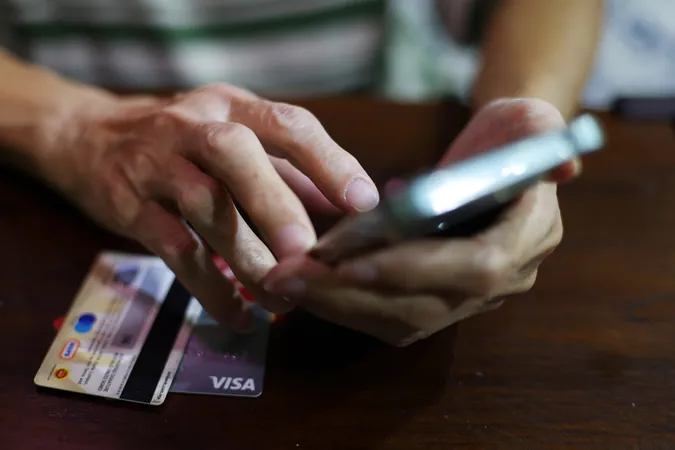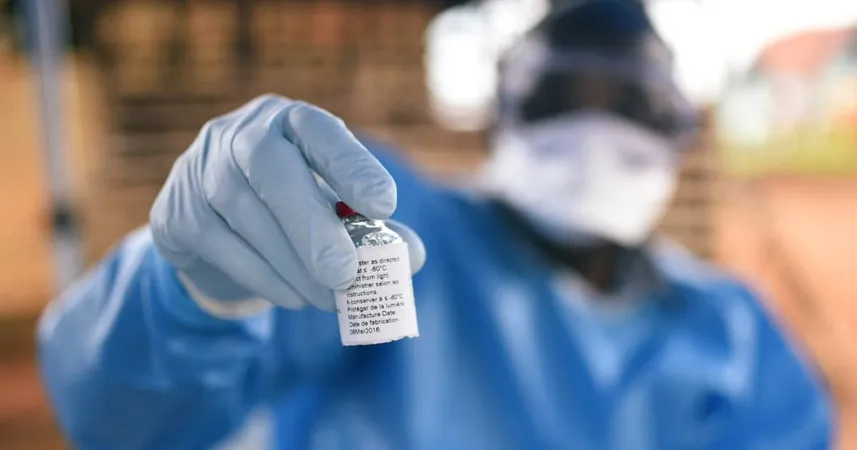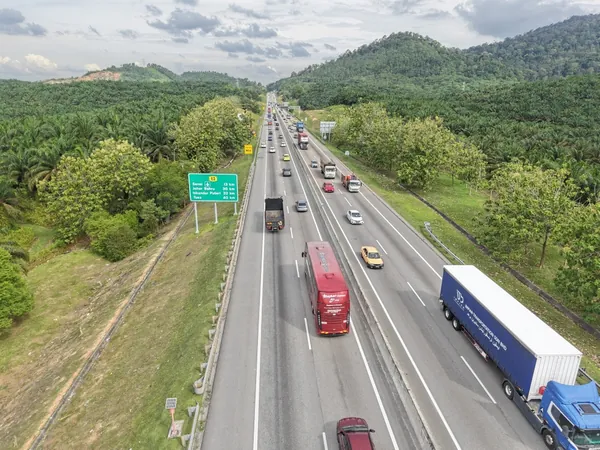
Crackdown on Scam Mules: New Measures to Block Mobile Line Registration and Banking Access
2025-09-17
Author: Wei
Singapore Takes Strong Stance Against Scam Mules
Beginning this October, Singapore is tightening the noose around scam mules—individuals who unwittingly or willingly facilitate fraud—by implementing strict measures that will limit their ability to register new mobile lines and access banking and national authentication services.
This initiative is a collaboration among key agencies including the Singapore Police Force and the Monetary Authority of Singapore, aimed at disrupting scam operations that have plagued the nation.
What Are Mule-Related Offenses?
Mule-related offenses in Singapore involve the misuse of various accounts, such as bank, payment, and telco accounts, to carry out scams. Authorities emphasize that these accounts acquired from mules are vital resources for scammers trying to target the public.
"Scammers exploit these facilities to perpetrate fraud, and it's crucial we take decisive action to prevent this," stated officials in a joint announcement.
The Numbers Don't Lie: 11,000 Lines Linked to Repeat Offenders
An alarming report highlights that over 11,000 phone lines have been associated with repeat mule offenders just this year alone. Many of these individuals continue to apply for new lines and sell them to scammers despite being under investigation.
Scammers Shift to Cryptocurrency and Other Methods
The evolving landscape of scams sees swindlers increasingly utilizing cryptocurrency for its anonymity, making it even harder for authorities to trace illicit funds. Traditional methods, like internet banking and instant payment services, remain prevalent.
Rising Scam Cases: Nearly $500 Million Lost in 2025!
Staggeringly, close to half a billion dollars were lost to scams in just the first half of 2025, with nearly 20,000 cases reported. The authorities maintain that local individuals play a crucial role in enabling these crime syndicates by providing essential services.



 Brasil (PT)
Brasil (PT)
 Canada (EN)
Canada (EN)
 Chile (ES)
Chile (ES)
 Česko (CS)
Česko (CS)
 대한민국 (KO)
대한민국 (KO)
 España (ES)
España (ES)
 France (FR)
France (FR)
 Hong Kong (EN)
Hong Kong (EN)
 Italia (IT)
Italia (IT)
 日本 (JA)
日本 (JA)
 Magyarország (HU)
Magyarország (HU)
 Norge (NO)
Norge (NO)
 Polska (PL)
Polska (PL)
 Schweiz (DE)
Schweiz (DE)
 Singapore (EN)
Singapore (EN)
 Sverige (SV)
Sverige (SV)
 Suomi (FI)
Suomi (FI)
 Türkiye (TR)
Türkiye (TR)
 الإمارات العربية المتحدة (AR)
الإمارات العربية المتحدة (AR)